Human Factors Research
Our work enhances safety through understanding the human-vehicle relationship.
Technology: We work to understand and advance vehicle technology and simulation science.
Understanding: We explore methods for improving driver performance and understanding of technology, such as driver training and studying mental models.
Performance: We aim to identify and shift the limits of the human-machine relationship by studying
- Drowsy and distracted driving
- Novice or young drivers
- Older drivers
- User interfaces
Mobility: We work to enhance mobility with the use of connected and automated vehicles through research and outreach.
Contact

John Gaspar
Title/Position
Director of Human Factors Research
News: Human Factors
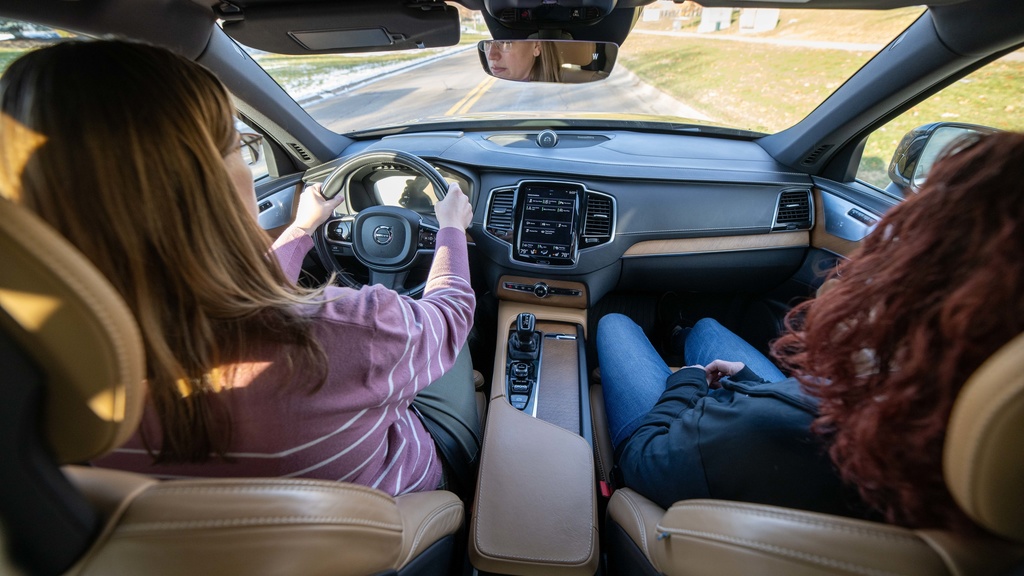
The ADAS experts
Monday, February 12, 2024
Our investigators have been working on a series of studies analyzing advanced driver
assistance systems (ADAS) technology and consumer understanding of ADAS features.
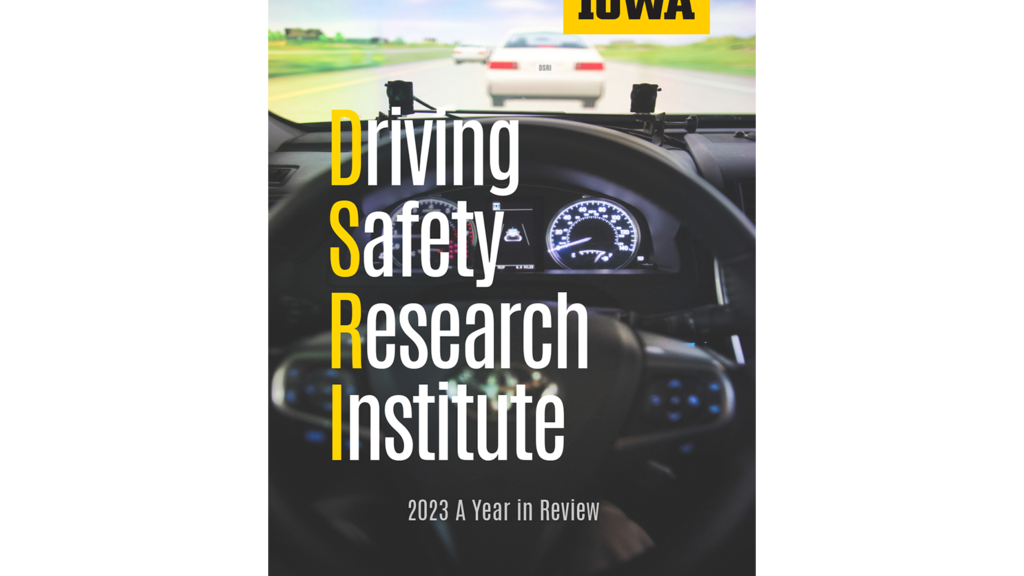
2023: A Year in Review
Monday, January 1, 2024
Check out our recent highlights and accomplishments from the Driving Safety Research Institute, home of the National Advanced Driving Simulator.

University of Iowa research sheds light on drowsy driving, including risk factors, sleepiness questionnaires & ADAS applications
Monday, July 31, 2023
Drowsy driving is thought to be a probable cause in almost 40% of investigated highway crashes. While our researchers found that notifications do little to change driver performance, nothing replaces quality sleep before a long drive.
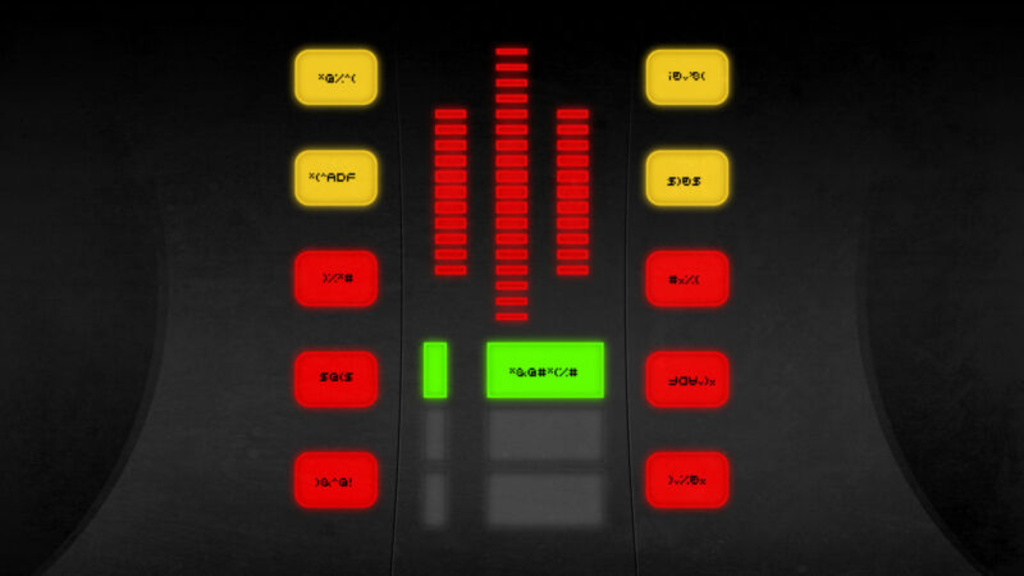
An alternative to touchscreens? In-car voice control is finally good
Thursday, February 16, 2023
This Ars Technica article features commentary from University of Iowa Driving Safety Research Institute director, Daniel McGehee.
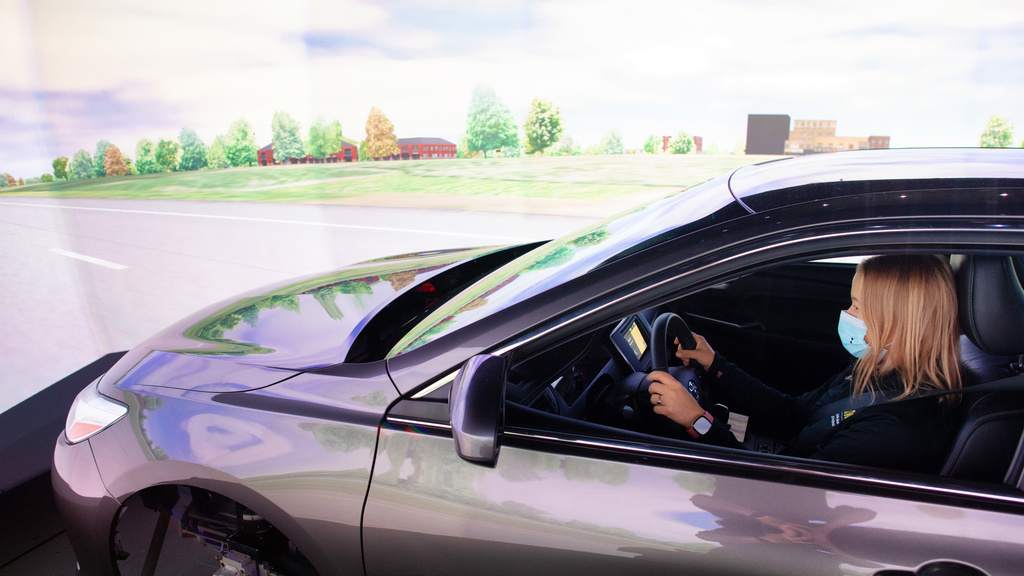
Taking control in Level 3 Automation
Thursday, January 26, 2023
This article summarizes findings from two recent studies that our researchers have worked on with the National Highway Traffic Safety Administration (NHSTA) examining the various aspects of transition of control (TOC) between human drivers and periods of automated driving.
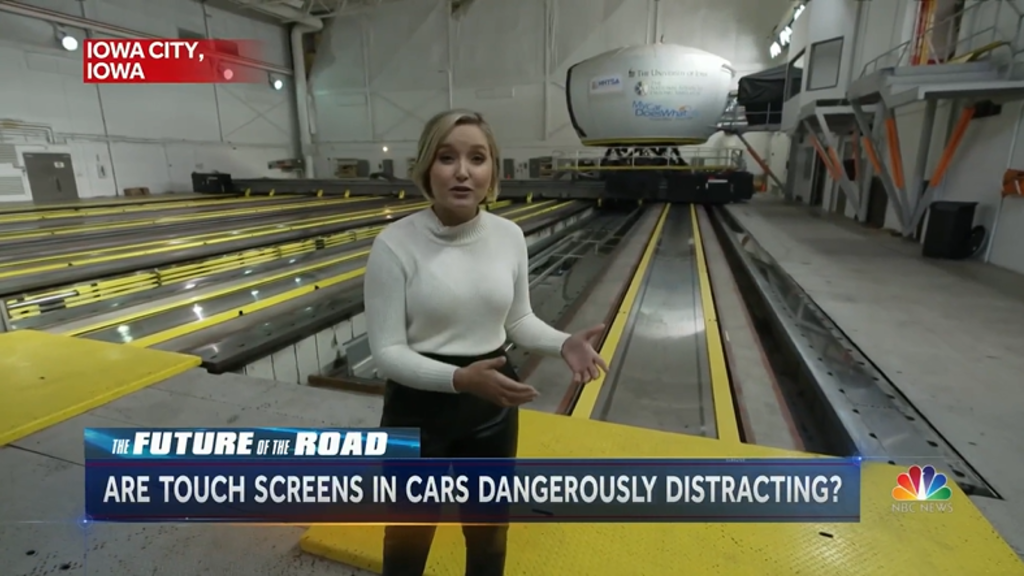
NBC National News: Are car touchscreens distracting drivers?
Tuesday, January 17, 2023
We were recently featured in an NBC National News segment about vehicle touchscreens and distracted driving. Watch and find out how distracting touchscreens and cell phones are to drivers.
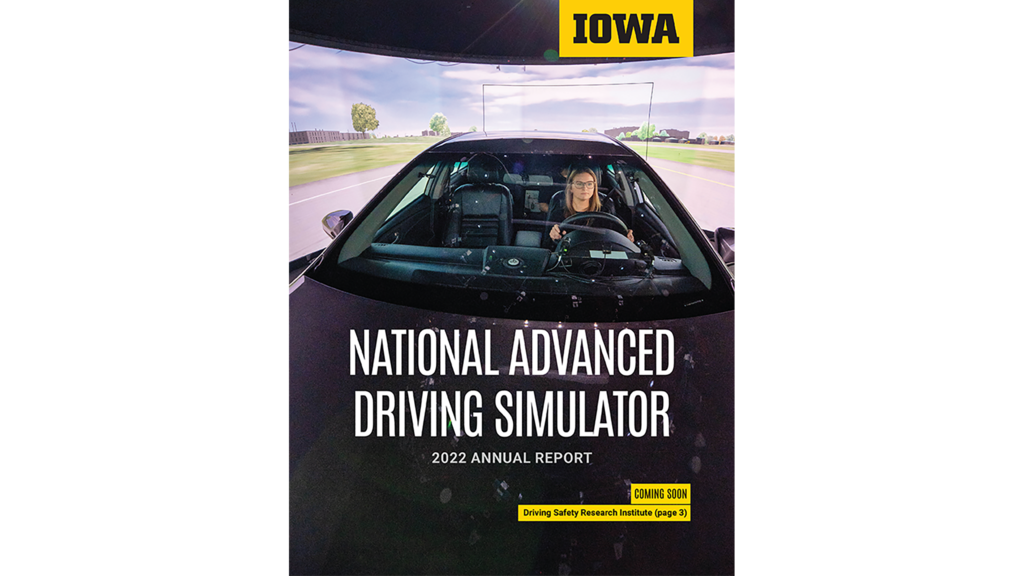
2022 Annual Report now available
Wednesday, December 28, 2022
Our 2022 annual report is here! We have spent the past year researching automated vehicles, traffic safety, drugged driving, and much more. Plus, read about our upcoming name change to "Driving Safety Research Institute" on page 3.

NADS lands contract with NHTSA for automated vehicle research
Thursday, October 20, 2022
The University of Iowa National Advanced Driving Simulator (NADS) has secured a contract with the National Highway Traffic Safety Administration (NHTSA) for a project that will look at roadway interactions between human-driven and automated vehicles.
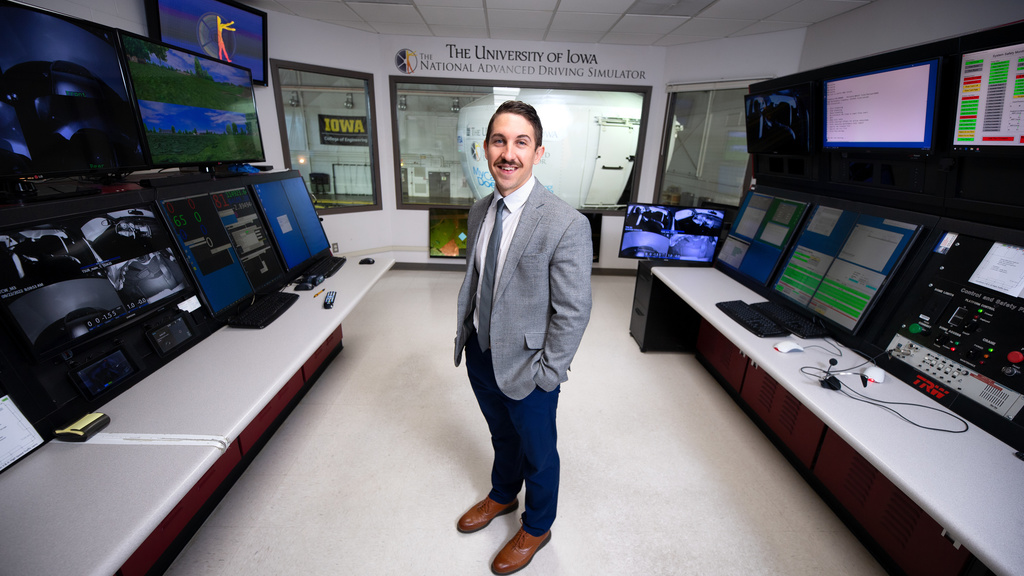
NADS welcomes new assistant research scientist Justin Mason
Wednesday, September 14, 2022
Help us welcome our new assistant research scientist Justin Mason. Check out this quick Q&A to learn more about what drives Mason's research and why he chose the University of Iowa.

The Science of Distracted Driving
Thursday, June 16, 2022
The Science of Distracted Driving with Dr. Daniel McGehee – National Advanced Driving Simulator. Professor Daniel McGehee from the National Advanced Driving Simulator at the University of Iowa joins us to talk about the science of distracted driving, multi-tasking, and safety.
Pagination